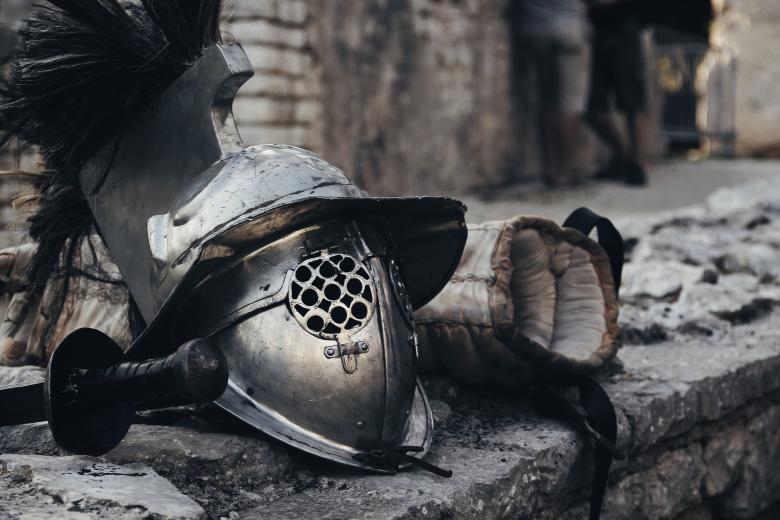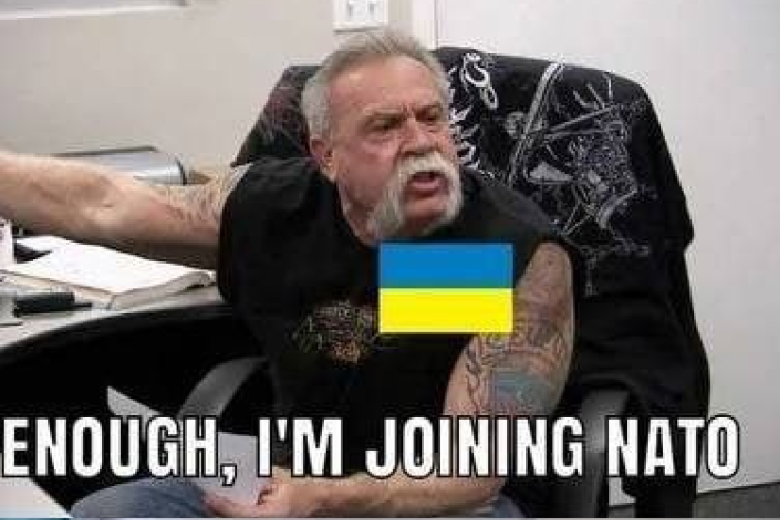Law, armed conflicts, and empowerment: instructors and students in a path to peace
Armed conflicts are not something new, sadly. They emerge in different parts of the globe, at different times, and due to different reasons. Three reflections follow on the role of legal education in the context of armed conflicts, inviting for paths for instructors and students to pursue peace. These reflections aim to empower all actors in legal education, generating awareness on their potential to prevent and solve armed conflicts.
First reflection: the butterfly effect
Instructors in the legal classroom must alert about the humanitarian crises that are always triggered as a consequence of armed conflicts. It is naïve to believe that an armed conflict is circumscribed to a specific territory or group of people. For example, armed conflicts have the potential to escalate and to trigger brain drains across continents and oceans. New and diverse crises can arise, be these related, amongst others, to wellbeing, health, employment, or security. The law must anticipate these developments and offer frameworks to channel and avoid further tragedies for all members of society. Students must be informed about the impact that armed conflicts can have in and beyond the realm of the law.
Second reflection: global citizenship
Instructors in the legal classroom must educate global citizens. Law graduates should conceive law as a social science that bridges borders and avoids the use of gentilic adjectives. Law graduates, being global citizens, need to advocate for a comprehensive and overarching protection of rights. They have to protect their borderless environment that is conceived as a place where they should be able to roam and communicate at ease. Instructors should alert that armed conflicts are not normal and that these conflicts should not turn into a “new normal” or into a new way of living. Armed conflicts violate a Modus vivendi and a way of interaction that aims towards a common flourishing. Armed conflicts–and the events that surround them–challenge the fundamental rights that are encapsulated in the textbooks that are used in the legal classroom.
Third reflection: law for peace
Instructors in the legal classroom must deliver education on the available legal tools towards preventing and peacefully solving armed conflicts. This delivery should take place in all courses, since there are no limits for the omnipresence of armed conflicts. Some courses seem to be more inclined to deal with conflicts, such as those dealing with criminal law, international law, comparative law, or legal history. However, legal tools towards solving and preventing armed conflicts should be present in other courses, where its presence does not seem to be self-evident. Contract law offers an example, when students should be reminded of the impact of armed conflicts in the performance or breach of agreements. Armed conflicts have to be addressed in the legal classroom to help students place them within the different legal contexts. Actors in the legal classroom will be empowered when knowing the law. They will be able to transpose that empowerment in other environments, be it at home or in social networks. Interest on the events that surround an armed conflict may ultimately generate change. For example, social networks have an impact on political decisions. Empowerment may activate bottom-up movements, either through popular initiative or through contact with legislators. This empowerment may derive in legislation that will offer a framework for the path towards solving an armed conflict.
Instructors in the legal classroom are the key to empowerment. These fundamental actors can trigger constructive criticism and can help challenge uncontested dogmas. Constructive criticism will result in better understanding, enabling parties to move forward, and thus attaining the much needed dialogue, at all levels. Instructors must help ensure that no one is oblivious of conflict: it is their responsibility to trigger empowered and constructive criticism!
Armed conflicts are an indication of a failure in society. Further, armed conflicts oppose what is taught in the legal classroom and they go flagrantly against a peaceful way of life. The legal classroom can be the key to empowerment by showing how to use the law as a tool to achieve peace.
|
More blogs on Law Blogs Maastricht |
A. Parise
Agustín Parise (Buenos Aires, Argentina) is Associate Professor of Law at the Faculty of Law of Maastricht University. He received his degrees of LL.B. (abogado) and LL.D. (doctor en derecho) at Universidad de Buenos Aires (Argentina), where he was Lecturer in Legal History during 2001-2005. He received his degree of LL.M. at Louisiana State University Law Center (USA), where he was Research Associate at the Center of Civil Law Studies during 2006-2010.

-
Overcoming the pitfalls of anachronisms – and why this matters to all of us
Every now and again, and especially when redesigning a curriculum, the question regarding the role and place of legal history in said curriculum is brought up. And rightly so. That is why the Open University Law School (UK) organized an online event on 15 December entitled Diversity, Dilemmas and...

-
Democracy and Nihilism: denouncing contemporary populist rhetoric
In this piece, I will use two memes to begin to unpack what I think is the common denominator of contemporary populist rhetoric. I will explain that the real substance of this rhetoric is the creation of a false moral equivalence, revealing a nihilism. Finally, I will suggest how this false moral...

-
Legal science through the lens of fairy tales
Fairy tales, when understood as manuals of behaviour that are shared within the household, can serve as a means to study and understand the law at a specific time and space. This claim is not new. The Grimm Brothers, the renowned scholars Friedrich C. von Savigny (1779-1861) and John H. Wigmore...
